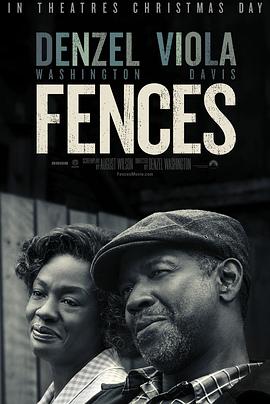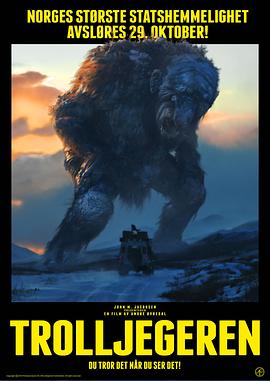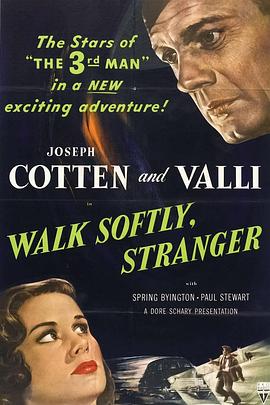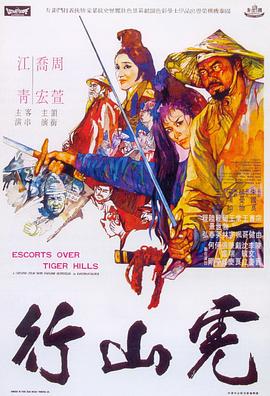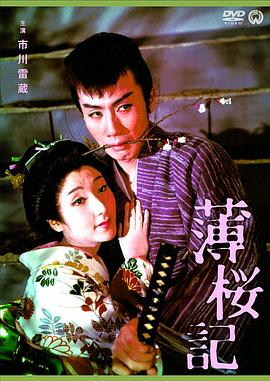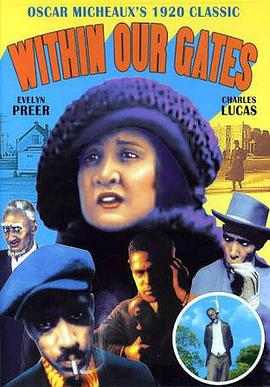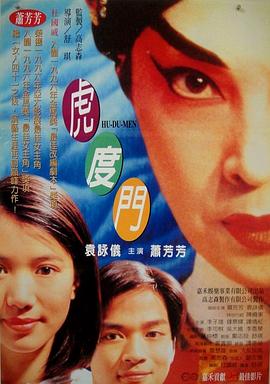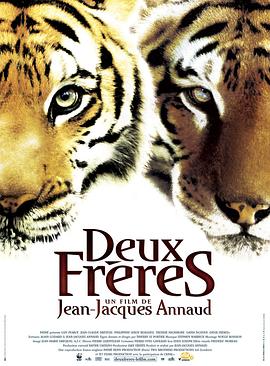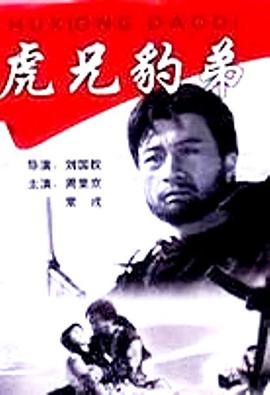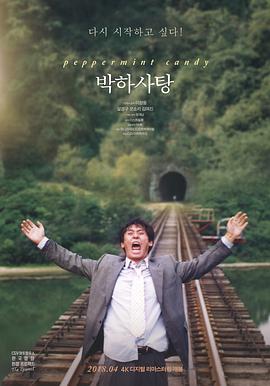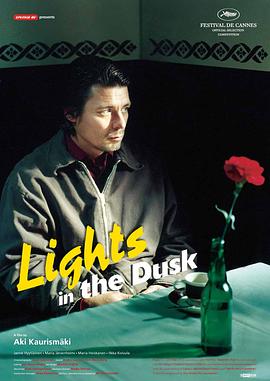In 1984, British Prime Minister Margaret Thatcher took tough measures to suppress the workers' movement, and the miners launched the largest strike in[Expand All]
In 1984, British Prime Minister Margaret Thatcher took tough measures to suppress the workers' movement, and the miners launched the largest strike in history. In the same year's London Pride Parade, a group of gay and lesbian people decided to voluntarily raise funds for striking workers. However, embarrassment followed: The trade union was actually too ashamed to accept their funding! This group of homosexuals decided to bypass the trade union and go directly into the workers' homes. They drove to a coal-mining village in South Wales and brought money and supplies to the workers' families. Two groups with vastly different backgrounds thus had an unexpectedly warm encounter and, under the high pressure of the government, formed the most unlikely alliance. Pride is adapted from a true story. It not only features historical images of the workers' movement in the 1980s but also records the most touching page in the history of the British LGBTQ + community. The transformation of the two groups from prejudice to tolerance and from misunderstanding to alliance is filled with both laughter and tears, yet it is also touching. Pride won the Queer Palm Award and the Best Independent Film Award at the 67th Cannes Film Festival, and was also nominated for the Best Comedy Film at the 2015 Golden Globe Awards.[Collapse]

